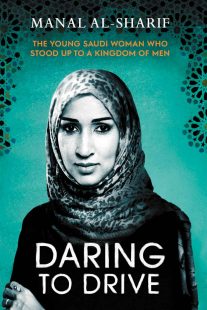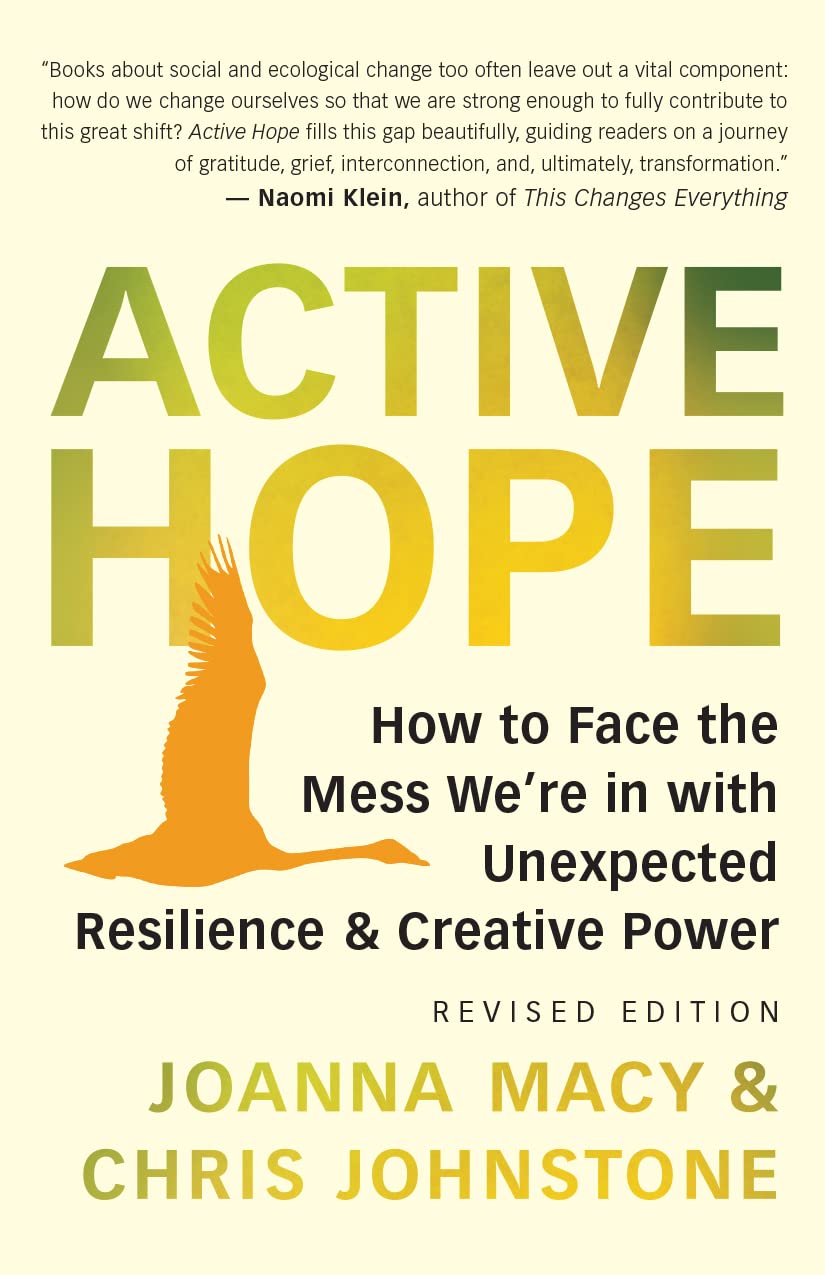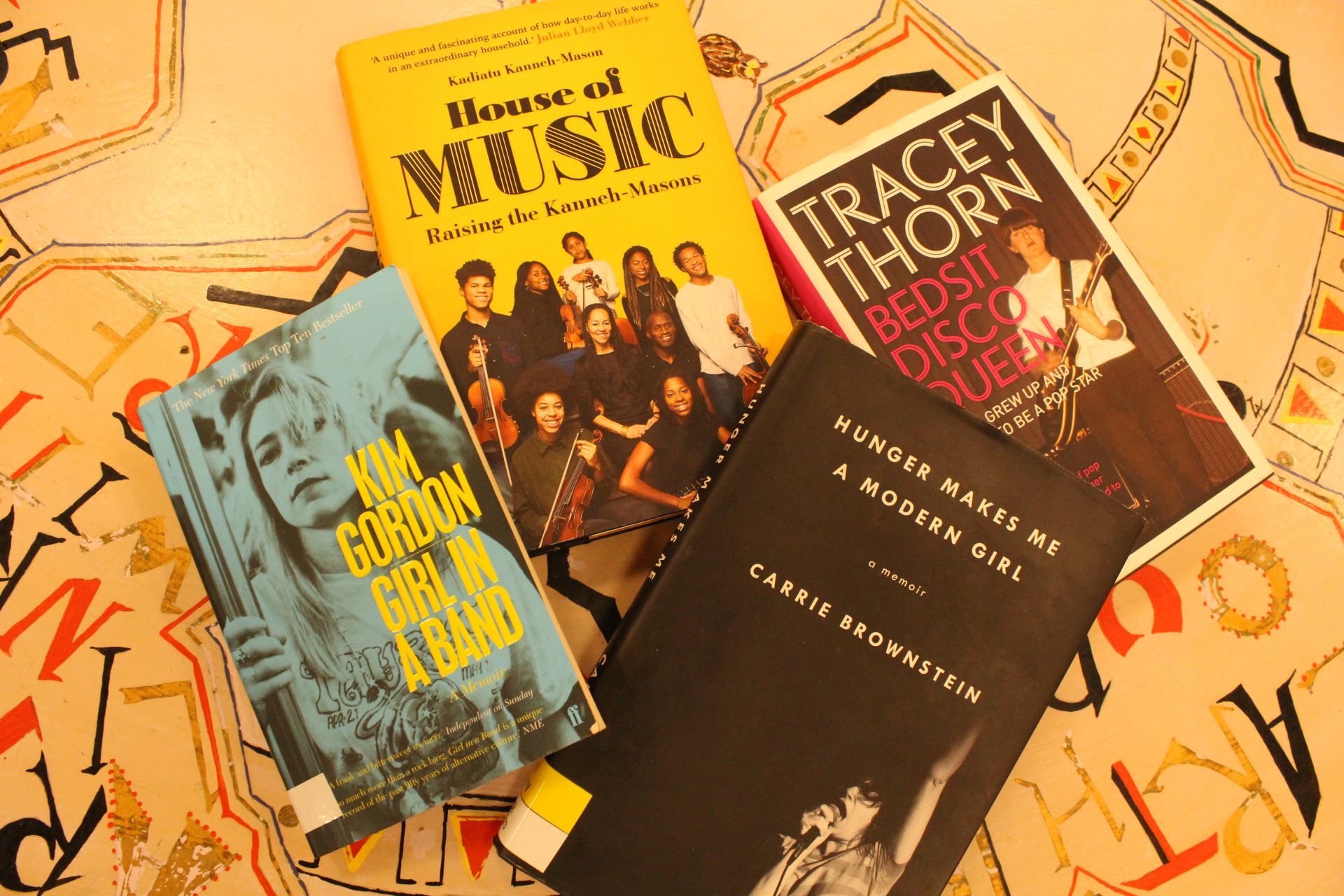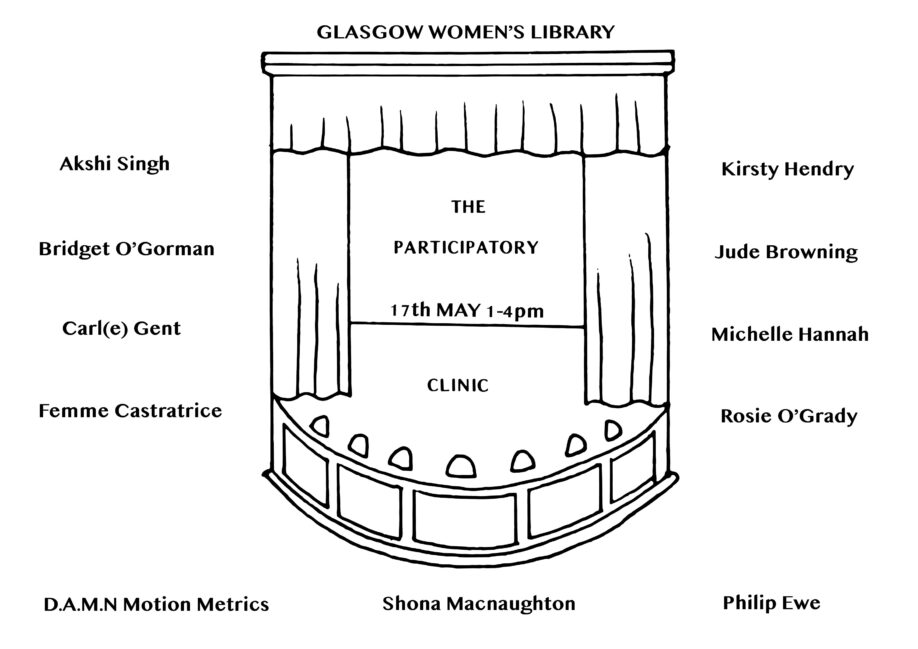A young Saudi woman who stood up to a kingdom of men
There is no law prohibiting Saudi women from driving. Nothing that could legally stop them from simply getting into a car and driving through the streets. Nevertheless, in the desert state it is impossible for women to actually get behind the wheel of a car. Women in Saudi Arabia are deprived of basic rights – simply because they were born female.
This is exactly the crime that Manal al-Sharif was accused of:
“Driving while female”.
Ultimately, the book is not about a woman driving; it is about breaking taboos and challenging the rules.
Present-day Saudi Arabia is “a society in the claws of ruthless tradition” (al-Sharif, page 14). A society which limits the space for women, narrows it down to a confined area in which it is impossible to breathe. Manal al-Sharif describes this feeling of confinement emotionally and incisively. She illustrates how the fear of misconduct rules women’s everyday life. As in Foucault’s Panopticon, the government does not have to watch over their citizens constantly: the people watch over each other. Religious propaganda, which is drummed into girls throughout their childhood, creates watchdogs who will even scold their closest family for misconduct. In addition, the ‘Commission for the Promotion of Virtue and the Prevention of Vice’ – the religious police – ensure that the fear of consequences burns brightly. Al-Sharif’s description of growing up in such a repressive society in which girls are not meant to be educated, not meant to drive, not meant to make decisions on their own opens a window on a rarely-seen world.
Challenging the invisibility of women is an incredibly difficult undertaking because the behavioural code, evolved over decades, is hammered into the minds of the citizens. As Manal al-Sharif says herself: “It can be so difficult to effect change, so hard to overturn long-standing views” (66). Nevertheless she continues the fight to this very day.
Manal al-Sharif’s memoir is a deeply moving, empowering and sometimes shocking account of her life in Saudi Arabia. The strength needed for this fight for a basic right, that of being able to move freely, is impressive and deeply inspiring, and it reminds us never to take the liberties we have for granted.
As she said in her TED talk given in Edinburgh in 2013: “A society cannot be free, unless the women of that society are free.”






